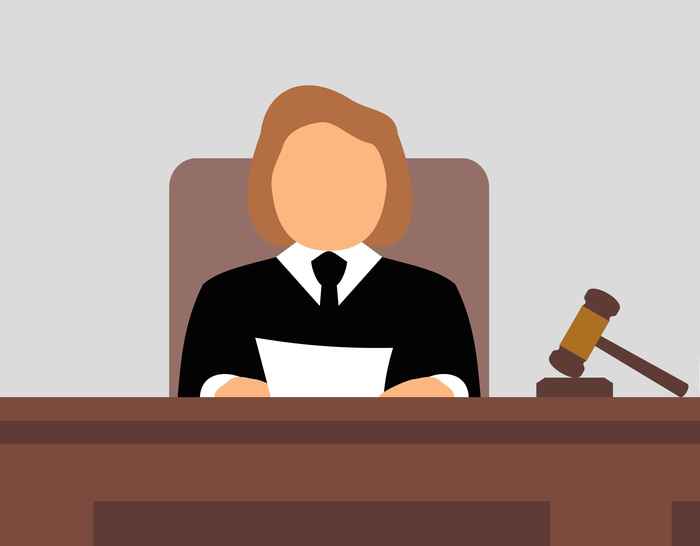Do the personal attitudes of judges play a role?
Amsterdam Law School
4 July 2024

In what ways can personal attitudes influence the work of judges?
'We all have many opinions. With ordinary people, that plays a role in everything they do. Judges have to make decisions based on a specific case and the law. But they are not machines: what do they like or dislike? A judge's personal opinion, also known as an attitude in social psychology, could, for example, play a role in assessing whether a defendant can await his trial at liberty. It may seem simple, but a judge's attitude can make a difference. I also found this in my interviews.'
How did you research whether the personal views of judges are influential?
'In addition to conducting interviews with 77 judges, I also presented judges with a fictitious case about a neighbour dispute. Half of the judges were shown a version of the case where excessive noise was specifically caused by praying. The judges who had read this version of the case had a more positive view of the defending party. The literature also shows that religious people are often seen as thoughtful and caring. However, this positive view ultimately did not affect the judge's decision in my experiment.'

We don't want arbitrariness, but it's not that simple
So judges are able to put aside their personal views?
'Many judges think from their experiences and perceptions that they can, at least to some extent, disassociate themselves from their personal views. They do this by consulting with colleagues, distancing themselves from the case, or reading each other's judgments. They believe they can then disconnect their personal views from their professional judgment. A few described it almost as "a button you press". If that is indeed possible, it means that judges are trained in a way they can detach their personal views from their work. That may be of interest to other professions as well, such as police officers and doctors.'
Is that simply due to the law that judges lean on?
'The law can neutralize a personal view. Some judges also mention this and cite the law as a tool to detach their personal views from their professional decisions. The law says x, y, z, and then it doesn't matter what you think of someone yourself. It helps the judge filter their thoughts.'
Why is it important for judges to set aside their own views?
'We don't want arbitrariness. But it's not that simple because we also want an autonomous human judge who makes their own decisions. That contradicts impartiality and treating every case the same. As an associate professor, I research the value of the human element in judicial decision-making. There is now a lot of focus on what AI and digitization can bring but little on the added value of the human element.'